-
Recent Posts
Categories
Tag: computing lesson plans
Primary Computing – Cryptography Lesson Plans
Encryption & Decryption
Cryptography
Since man first began writing there has been a desire to send messages in secret: in code. Codes and ciphers are forms of secret communication. A code replaces words with letters, numbers or symbols. A cipher rearranges letters or uses substitutes to disguise the message. This process is called encryption. The art of writing and solving codes and ciphers is called cryptography.
Codes and ciphers have been used throughout time when people wanted to keep messages private. Cryptography has, and is still, used by governments, military, companies, and organisations to protect information and messages.
Today, encryption is used to protect data and data transfer between computers. Documents, data and messages are encrypted to protect confidentiality. Modern encryption methods are very clever but their underlying principles remain that of those ancient methods.
I have written a 6 week unit introducing cryptography for iCompute for Primary Schools computing scheme of work. Here, the children will unleash their inner spy and learn about how data can be transferred in secret over distances. They will learn how codes and ciphers have been used throughout history and explore a number of different ways that data can be encrypted and decrypted.
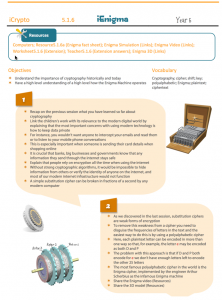
As part of it, along with step-by-step lesson plans and pupil/teacher support materials, I’ve been putting together resources on the history of cryptography. Download a brief introduction to the Enigma machine and how the magnificent men and women at Bletchley helped shorten World War II with their code breaking skills! Practice secret code writing in your classroom by downloading our Morse Code Worksheet and Morse Code Decoder Wheel and make a cipher disk. Lots of engaging activities to learn about encryption methods past and present and the importance of keeping data private in the modern digital age.
The new cryptography unit – iCrypto – is available now in our Whole School Computing Curriculum for the National Curriculum for Computing at Key Stage 2.
Visit www.icompute-uk.com to find out more about our acclaimed primary computing scheme of work.
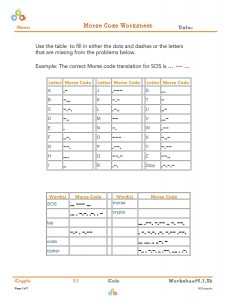
Download Morse Code Worksheet
iCompute and The Hour of Code
Hour of Code Lesson Plans & Resources
We in England are very fortunate that Computing is now a statutory entitlement for pupils aged five and over, with the introduction of the National Curriculum for Computing in 2014. We owe it to our children to equip them with the knowledge, understanding and skills that will enable them to fully participate in the modern digital world. We lead the way in teaching and learning in computing science. Elsewhere around the world there is not (yet) the same emphasis on preparing our children to – not just consume technology, but to – understand how computers and computers systems work. In doing so, we set the next generation on a path to become the innovators and digital creators of our future.
I’m passionate about getting across the message that Computing is so much more than just ‘code’ – see this post for more on that. At Computing’s heart, and the heart of the National Curriculum, is developing computational thinking. A fundamental life skill in itself but, with regard to computing, computational thinking enables children to become effective problem solvers: teaching them skills to solve problems (as yet unknown) for technology that does not yet exist! Find out more about computational thinking in this post.
The Hour of Code is a global movement by Computer Science Education Week reaching tens of millions of students in 180+ countries through a one-hour introduction to computer science and computer programming. As I’m very keen for others to see the benefit of computing throughout the curriculum, I’ve put together three teacher-led cross-curricular activities as iCompute’s contribution to this year’s Hour of Code – scheduled to take place this December – find out more about that here.
Here’s a sneak look. Watch this space as I might have time to contribute more…
iCompute Finalist in two Bett Awards 2015
iCompute shortlisted for two BETT 2015 Awards
iCompute, the digital computing scheme of work for primary schools, is proud to announce being shortlisted for the ‘Primary Digital Content’ and ‘Best Whole Course Subject Curriculum Resource’ BETT Awards 2015 for its whole-school and iPad computing scheme of work.




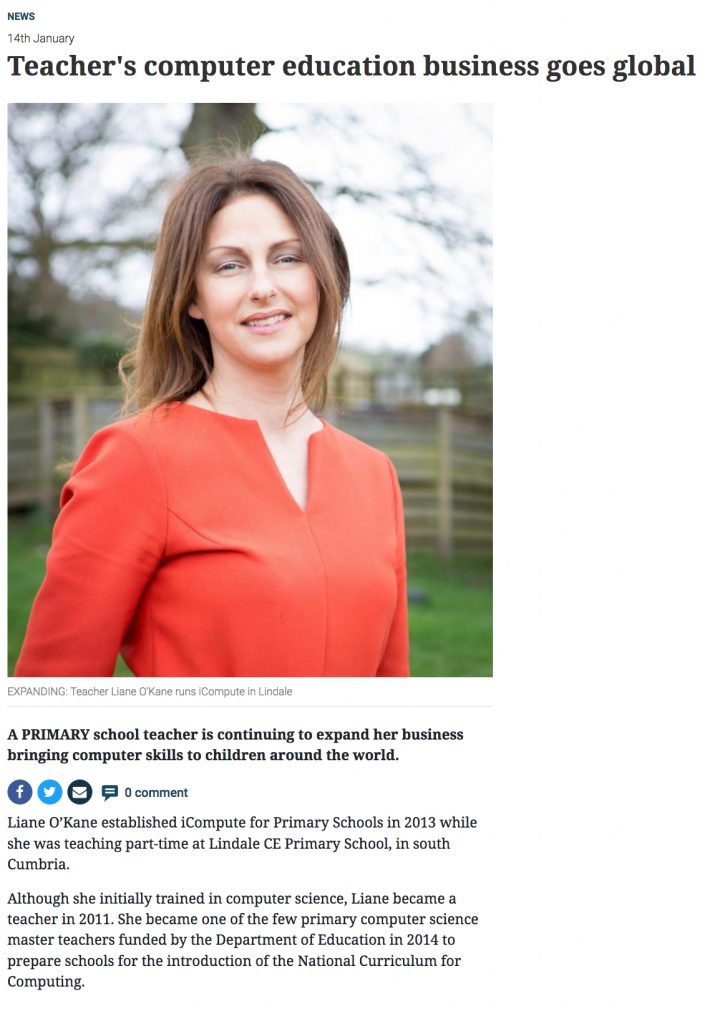
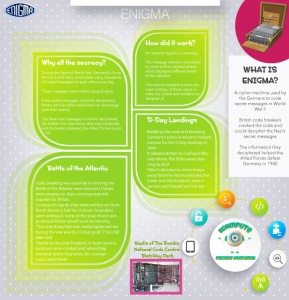
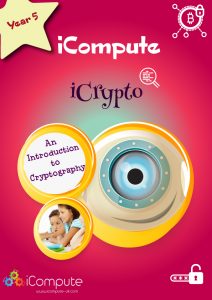
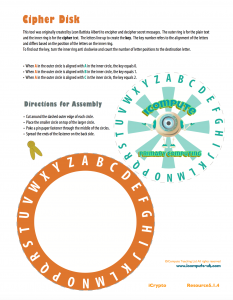
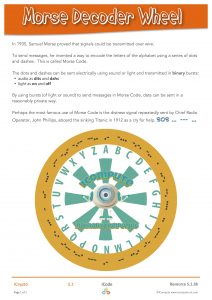

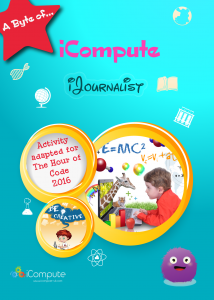
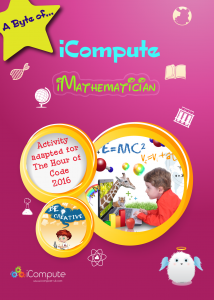
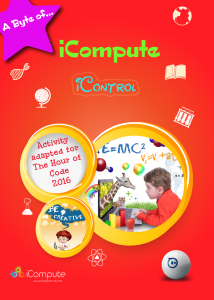

Teacher’s computing education business goes global
Liane O’Kane established iCompute for Primary Schools in 2013 while she was teaching part-time in Cumbria.
Although she initially trained in computer science, Liane became a teacher in 2011. She became one of the few primary computer science master teachers funded by the Department of Education in 2014 to prepare schools for the introduction of the National Curriculum for Computing.
Liane also saw the opportunity to develop a business to help teachers fulfil the curriculum.
She used her lesson plans as a base to create schemes of work which schools could buy in and use to teach students from nursery through to Year Six.
iCompute now produces schemes of work which are used by thousands of schools in the UK, as well as overseas.
Most recently the Ministry of Education on the Cayman Islands, in the Caribbean, has taken on the resources produced by iCompute. Liane expects to travel to the islands to assist with the rollout in its schools later this year.
“I have had the benefit of studying computing at GCSE and then degree level and then working in industry,” said Liane.
“It’s about understanding what the National Curriculum is and what the objectives need be in each key stage. It’s about making it fun for the pupils and easy to teach for the teachers.”
She said the schemes of work included practical, active ways of teaching youngsters the concepts behind computing – for example, pretending to be the ‘spiders’ and ‘crawlers’ in a search engine – rather than hours sat in front of a screen.
The resources are entirely digital, which means Liane can make constant updates to keep step with changing technology.
“It is constantly evolving and I think that’s unique,” said Liane.